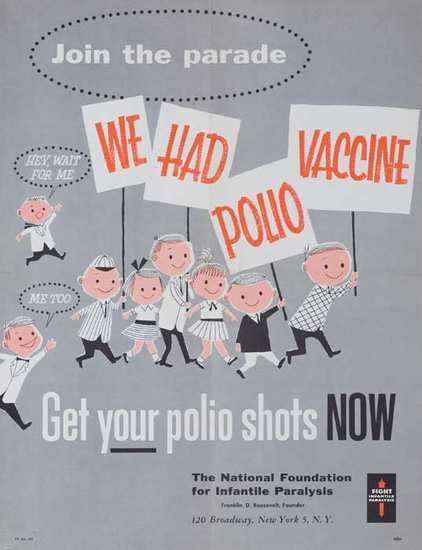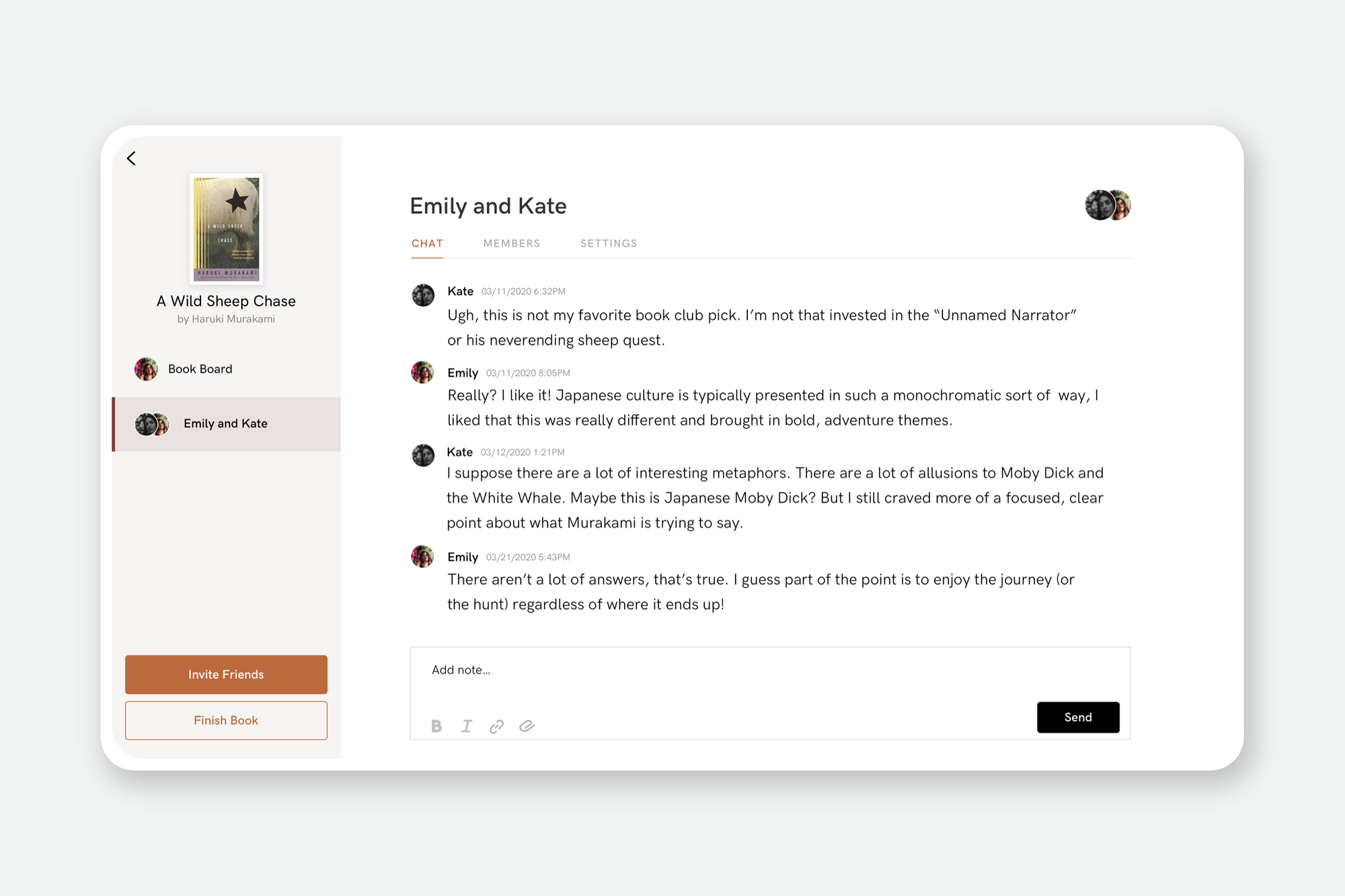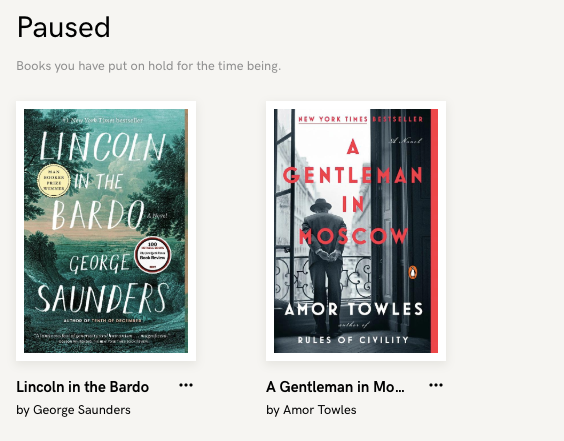The Value of Reading Outside Your Comfort Zone

If we read one book per month from the age of 18 and live 85 years, we only get to read 804 books in a lifetime. How do we choose which ones to pursue? Why might we spend time with ones that bring no joy, that put us to sleep, that actively piss us off?
Because sometimes the things we hate can teach us new things, connect us to others, or shape us in our opposition to ideas or form.
Always something to learn (even in reaction to what you dislike)
Take Enlightenment Now! Some people might struggle to enjoy Steven Pinker’s new book.
The first dozens of pages are densely dedicated to defining entropy and talking about the philosophers of the 18th century Enlightenment (Voltaire, Adam Smith, Kant). The next several hundred pages show the same graph over, and over, and over again to repeatedly make the same point: humankind has progressed in every area – education, health, the environment, democracy – over time. The final two pages summarize the three hundred pages before – so why read the other hundreds of pages of condescension and straw man arguments?
Those pages contain detail. We get to learn about how many lives the discovery of penicillin has saved (87 million). We learn that the news of Jonas Salk’s polio vaccine once inspired celebrations throughout the streets of the United States on April 12, 1955. We acknowledge some progress in human rights and democracy, and a decrease in existential threats like nuclear proliferation and terrorism.

These are a helpful check on feelings of hopelessness or pessimism created by all of the bad short-run news that is so easily and frequently at hand. And, we can even marvel at Pinker’s condescending tone toward religious belief or anti-nuclear activism, which allows us to navigate our own beliefs and test our convictions.
These opportunities for personal development and connection abound with fiction, too. This is what we find in book clubs; people read texts they would not have necessarily chosen for themselves, and can engage with and learn from others.
Challenging reads present opportunities for connection, discussion
Haruki Murakami’s Wild Sheep’s Chase may have been an unrelentingly picaresque jaunt throughout Japan, but further exploration – perhaps with others through a physical book club or a virtual book discussion – may lead one to new discoveries. Perhaps we can read into it some consideration of Japan’s identity after World War II. Or maybe it is a deeper discussion of mental health and self-actualization. Or maybe the story is just a surreal fantasy that offers all of these things to the reader. Challenging reads can connect us to other people as we seek out this meaning.
Emily & Kate's Italic Type book discussion
Kate: Ugh. This is not my favorite book club pick. I'm not that invested in the "Unnamed Narrator" or his never ending sheep quest.
Emily: Really? I liked it! Japanese culture is typically presented in such a monochromatic sort of way, I liked that this was really different and brought in bold, adventure themes.
Kate: I suppose there are a lot of interesting metaphors. There are a lot of allusions to Moby Dick and the White Whale. Maybe this is Japanese Moby Dick? But I still craved more of a focused, clear point about what Murakami is trying to say.
Emily: There aren’t a lot of answers, that’s true. I guess part of the point is to enjoy the journey (or the hunt) regardless of where it ends up!

Don't stress, Pause.
It’s worth admitting that it’s hard to finish books we hate. Happily, Italic Type recognizes that we may not love everything we read, but that we still may want to finish it. Pausing these difficult reads lets us take a break without totally abandoning a quest to learn something. Like taking it out of your bag but leaving it on the coffee table, the book is ready to pick up when you feel prepared to do battle once more. But it’s not going to haunt you, either.

Some books might be tough to get through, but they are often worth reading anyway. Connecting with others over a text might be what makes that text palatable. And reading things that seem insurmountably complex, indescribably boring, or completely at odds with what we believe can test and strengthen our knowledge and beliefs. Hate reading can be good for us.
